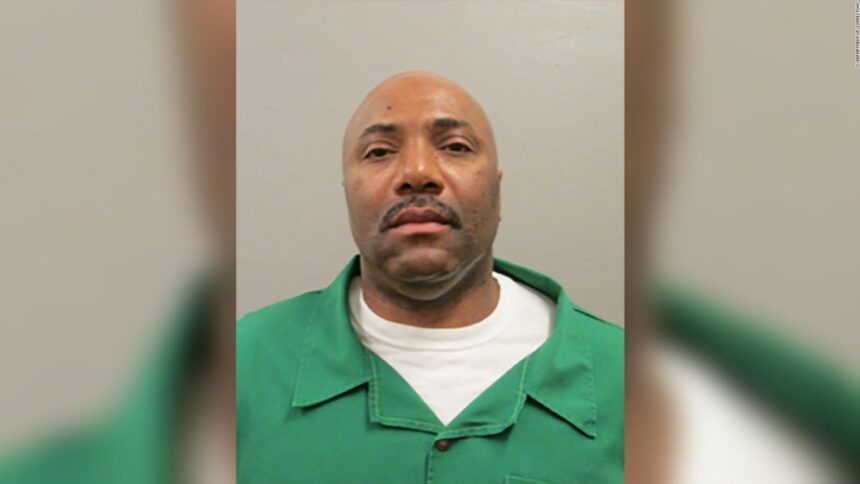Olusegun Ariyo
South Carolina has carried out its first execution in 13 years, administering a lethal injection to 46-year-old Freddie Owens, who was convicted of murder in 1999.
Owens was sentenced to death for killing shop worker Irene Graves during an armed robbery in Greenville in 1997.
Despite a last-minute sworn statement from Owens’ co-defendant, Steve Golden, claiming that Owens was not present during the crime, the South Carolina Supreme Court refused to halt the execution.
The court deemed the new statement inconsistent with Golden’s testimony from the 1999 trial, in which he testified that Owens shot Graves after she failed to open a safe during the robbery.
Owens was executed at the Broad River Correctional Institute in Columbia on Friday evening. He was pronounced dead at 6:55 p.m. local time (10:55 p.m. GMT) after receiving a lethal injection of pentobarbital. He declined to make a final statement.
The execution marked the end of a 13-year hiatus, during which South Carolina struggled to procure the necessary drugs for lethal injections. Owens, who was 19 at the time of the crime, was sentenced to death in 1999. The day after his conviction, he killed his cellmate, further adding to his criminal record.
Lawyers for Owens made several attempts to halt the execution, including two in September, citing the affidavit from Golden as new evidence of his innocence. However, the court rejected the appeals, stating that Golden’s recent claims contradicted his prior testimony and the statements he made immediately following the arrest.
Prosecutors also pointed to multiple witnesses who testified that Owens had admitted to killing Graves, a 41-year-old single mother of three.
Owens’ mother, Dora Mason, and advocates against the death penalty also appealed for clemency, which was denied by Governor Henry McMaster.
Mason, in a statement just hours before her son’s execution, called the process a “grave injustice.”
Inmates in South Carolina can choose their method of execution—lethal injection, electric chair, or firing squad. Owens deferred the decision to his lawyer, who selected lethal injection.
Journalists who witnessed the execution reported that members of Irene Graves’ family were present.







